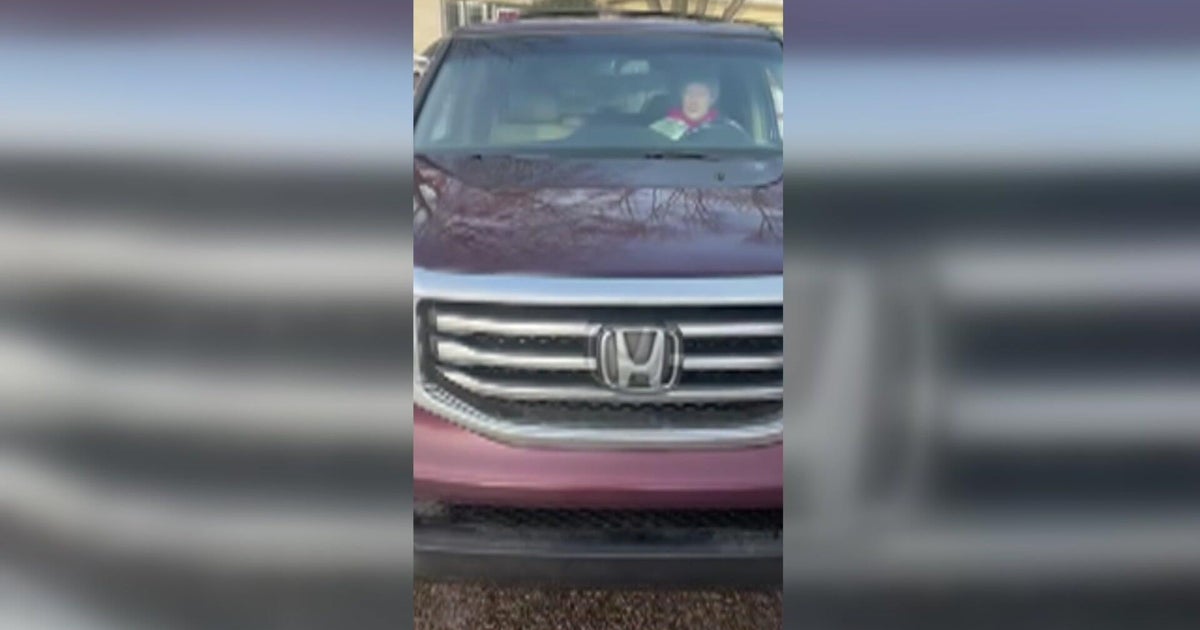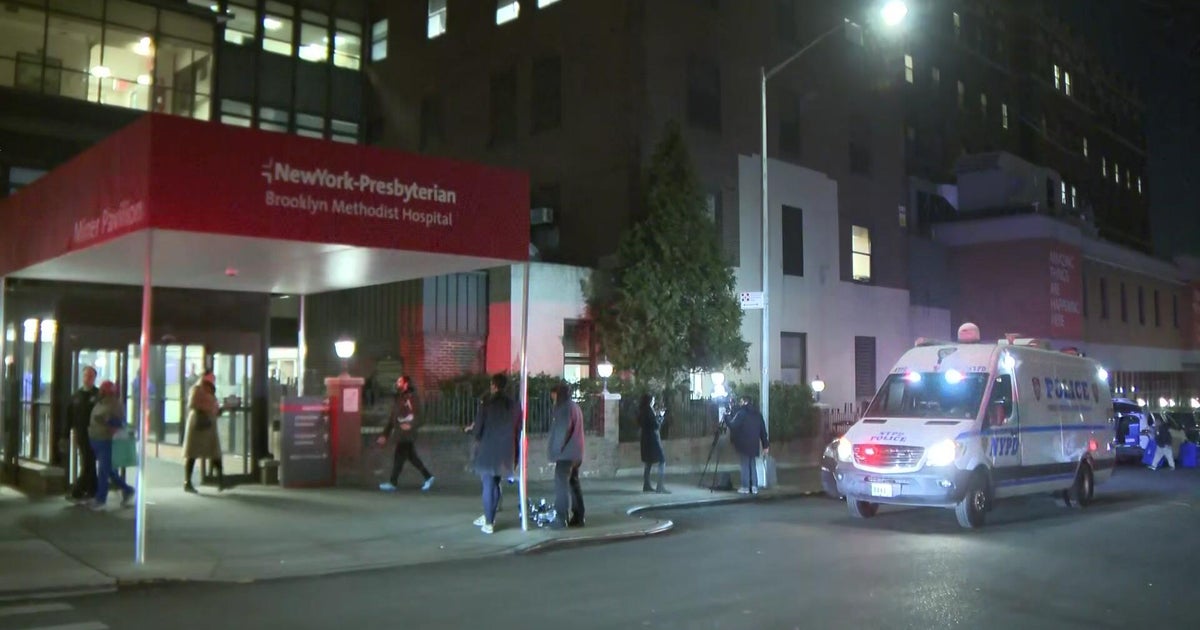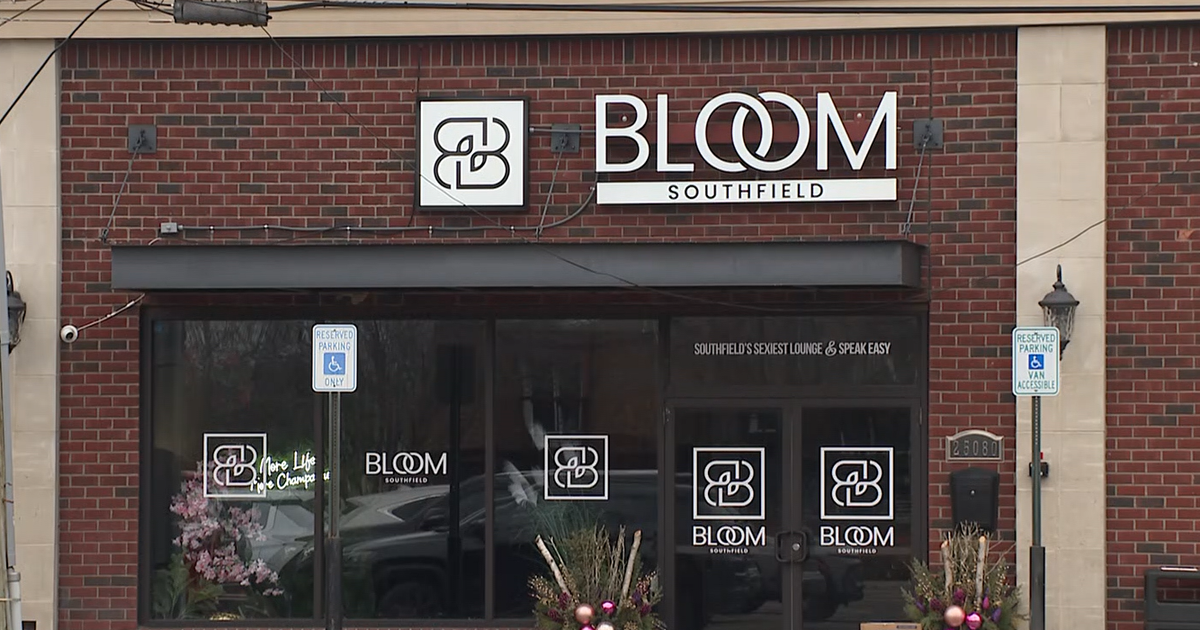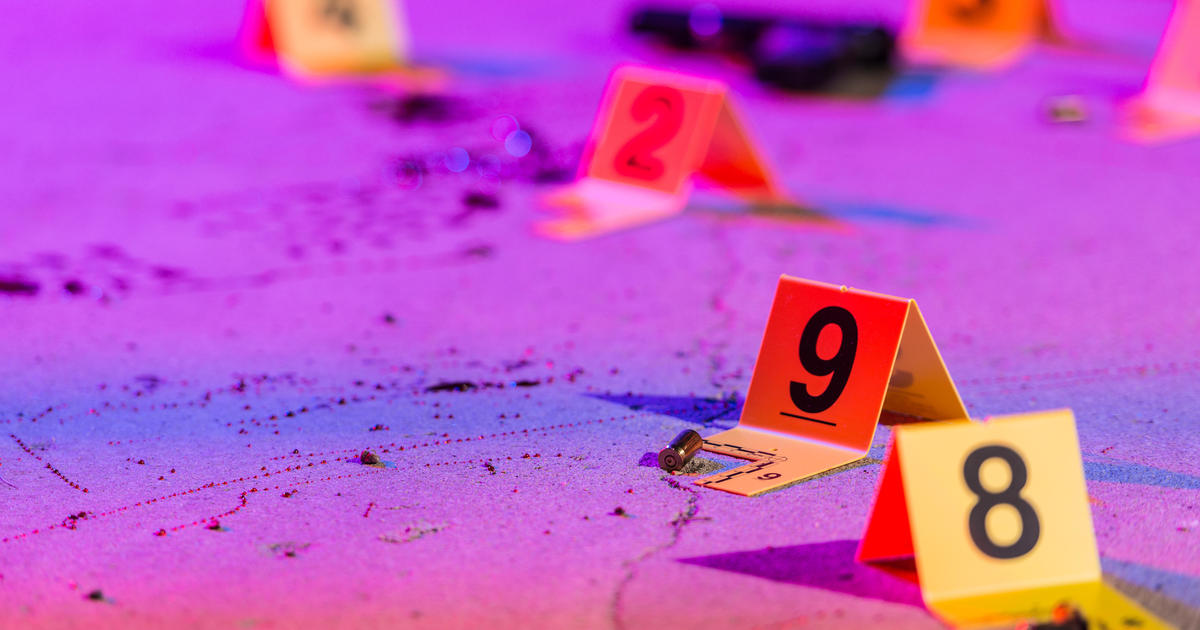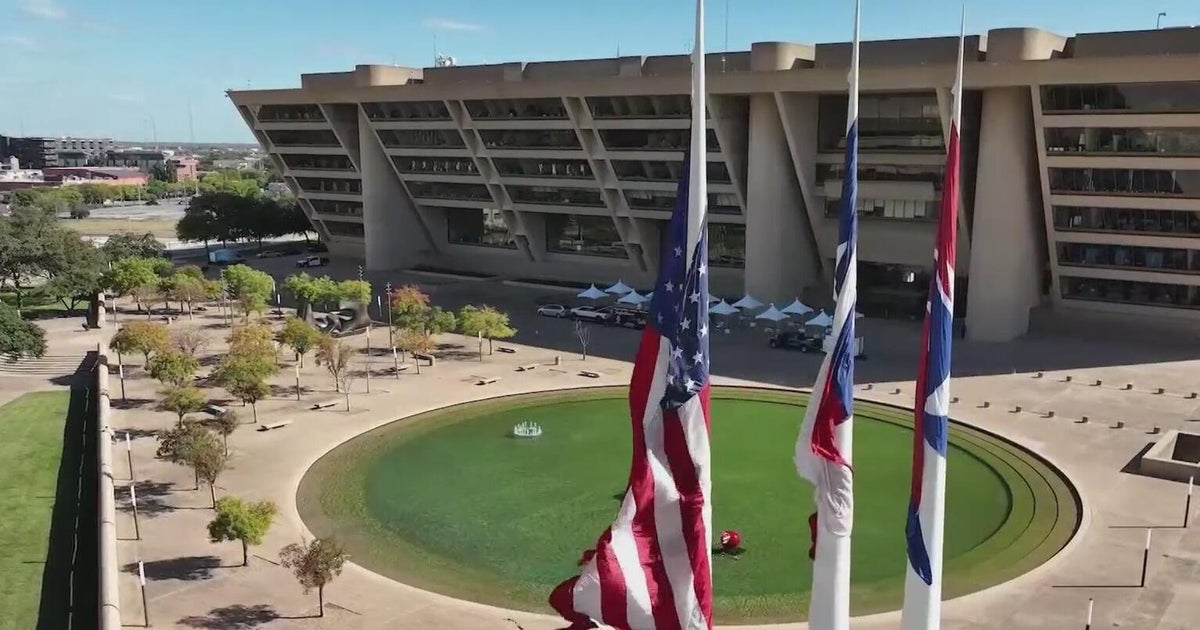Mall of America to install shot detection sensors, documents reveal
BLOOMINGTON, Minn. — The Mall of America is taking a big step to increase security, and the city of Bloomington is helping pay for it.
WCCO has obtained documents outlining plans to add gunshot geolocation technology.
Since gunfire erupted inside on Christmas Eve in 2022, the mall has implemented facial recognition to scan for people of interest and experimented with metal detectors.
The shot detection sensors are familiarly known as ShotSpotter technology, although it's unclear if Mall of America will be working with the company that makes ShotSpotter.
Documents from the city of Bloomington say, "In 2024, [MOA] intends to implement a system to immediately detect and to geolocate a critical incident involving a gunshot."
A contract between the mall and the tech provider describes it as "detection hardware that monitors for an active shooter event at the site, alerting law enforcement and supporting the building lockdown procedures."
The name of the company on the contract was redacted for privacy reasons.
Bloomington's police chief, Booker Hodges, says the department supports adding the technology to help them "apprehend criminals sooner than if it had not been used."
Earlier this year, the city agreed to reimburse the Mall of America up to $1.4 million of the cost.
In a statement, a Mall of America spokesperson said, "At Mall of America, we continuously evolve our security strategy to ensure the safety of our guests, tenants, and team members. We have an incredibly unique property, which is why we're taking an industry leading approach to protecting it."
MOA declined to answer when the new security measure would go into effect.
A teenager died in the 2022 shooting. Two people were sentenced to decades in prison for the killing.
Shotspotter's company website says more than 150 cities use the technology.
Minneapolis has used it for years. But the technology has its critics who say it's ineffective and even harmful.
Cities like Seattle and Atlanta have chosen not to use it, and Chicago will be ending the program this month.

